Every homeowner should make an informed decision about the worktop they choose. The worktop surface you choose will affect not only the look of your kitchen but also its functionality, durability, and maintenance. Quartz and mineral worktops have become popular today. They each come with their own pros and cons.
In choosing a new surface to invest in, consider factors such cost-effectiveness, stain resistance, and long-term durability. It is important to make an informed decision in order to get a durable and functional workspace which enhances your home’s style.
In this article, we measure and analyse two materials with different durability, looks, maintenance, pricing and practical use. By the end, you will know which alternative is the most appropriate to your requirements.
Quartz Worktops and Mineral Worktops
Understanding what materials they are and how these are manufactured is essential before comparing them.
Quartz Worktops
Quartz surfaces are engineered stones. They are made of approximately 90-95% crushed Quartz in combination with Resins and Pigments. This production method creates a surface which is highly durable and non-porous.
Key features:
- Resistant to scratches and extremely durable
- Nonporous material that prevents bacteria and stains from growing
- Available in different colours and styles
- No maintenance required
- Heat resistance, but prolonged high temperatures exposure, should not be allowed
Mineral worktops
A minerals worktop, otherwise called solid surfaces worktop, is formed by blending natural minerals, resins, and pigments. These materials are moulded into uninterrupted, joint-free surfaces.
Key features:
- Seamless, joint-free design
- Can be repaired when scratched or damaged
- Resistant from moisture and bacteria
- Less heat resistance compared to quartz surfaces
- Available as a wide range of colours, patterns and designs
Comparison: Quartz vs. Mineral Worktops
1. Durability and Strength
Quartz Worktops
The worktop’s outstanding durability is one of its primary advantages. Because quartz is one of the hardest minerals that nature offers, engineered quartz surfaces are highly durable, as well as resistant to chips, scratches, and cracks.
The surfaces may not be heatproof. Direct exposure can damage the resin that binds at very high temperatures. Use of trivets, heat-resistant rugs or mats are recommended.
Mineral Worktops
A stone worktop will be more soft than quartz and mineral worktops, therefore more prone to scratches and dent. It has the advantage that it can be easily repaired. Minor scratches can be sanded off without having to replace your entire worktop.
2. Design and aesthetics
Quartz Worktops
Quartz surfaces can mimic granite and marble, giving them a luxurious look. These surfaces are available in an array of colours and designs that make them suitable for many kitchen designs. The uniformity of the pattern in quartz is unlike that found in natural stone.
Mineral Worktops
People choose mineral worktops for their smooth and modern appearance. The solid surface can be customised by adding integrated drains, curved edges, and continuous backsplashes. The flexibility of this material makes it a good choice for modern-style kitchens.
(Quartz has a better natural stone appearance, while mineral countertops offer a seamless modern design)
3. Maintenance and Cleaning
Quartz Worktops
A worktop made of quartz is nonporous. Because it doesn’t absorb spills, it is highly resistant to stains, bacteria and other contaminants. A mild detergent, a soft towel and a little water are all that is needed to clean your quartz worktop.
Care Advice:
- Avoid using abrasive chemicals or sponges
- Prevent heat damage to cookware by using trivets
- To maintain the finish, clean spills as soon as possible.
Mineral Worktops
A stone worktop also has the benefits of being non-porous, hygienic. It is, however, more susceptible to scratches and burning. Mineral surfaces can require some sanding and polishing in order to keep their look.
Care Advice:
- Use a cutting board to avoid scratches
- Wipe with mild soapy water
- Avoid placing hot pans directly onto the surface
Quartz Worktops, (Requires little maintenance and is more scratch resistant).
4. Cost Comparison
Quartz Worktops
Quartz surfaces tend to be higher priced due their durability. Prices usually range from PS300 to PS600 a square meter. This depends on the brand and design, as well as the complexity of installation.
Mineral Worktops
A mineral surface can be a more cost-effective option. Prices are between PS500 per square foot. The seamless appearance is attractive, but may require higher maintenance over the years as compared to quartz.
Mineral Worktops: (More affordable & budget-friendly).
Conclusion
Both quartz worktops and mineral worktops possess distinct advantages. For durability, luxury, minimal maintenance and ease of use, quartz worktops are the best option. Mineral Worktops, on the other hand, are more affordable, repairable and excellent for Contemporary Designs.
For homeowners in search of surfaces that are long-lasting and high-quality quartz countertops will be the better option. minerals worktops will be preferred by those who prefer flexibility in design and seamless integration.
Imperial Worktops offer a range of custom solutions for different needs and price points. You can find the perfect material by consulting a professional.
FAQs
1. Quartz worktops – are they more durable than minerals?
Quartz countertops are stronger and more resistant to scratches than mineral surfaces. They will, therefore, last longer.
2. Do quartz surfaces stain easily?
Quartz Worktops can be easily cleaned and they are stain resistant.
3. Can I use hot pans on my mineral worktops?
It is not recommended. A worktop made of mineral is not heat resistant and may be damaged if exposed to high temperatures.
4. Which worktop is best for modern kitchens?
A stone worktop will fit perfectly with modern worktops thanks to its seamless and joint-free appearance.
5. Are mineral worktops cheaper than quartz?
Yes, mineral surfaces can be cheaper than quartz surfaces.
6. How can I clean and maintain my surfaces?
Use water and soap to wash both surfaces. Use trivets and avoid harsh chemicals to prevent damage.

